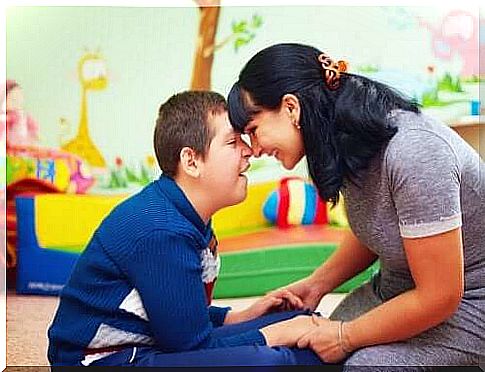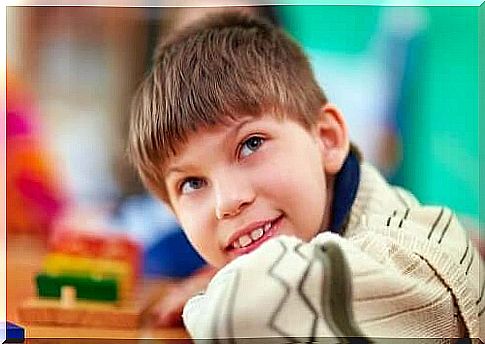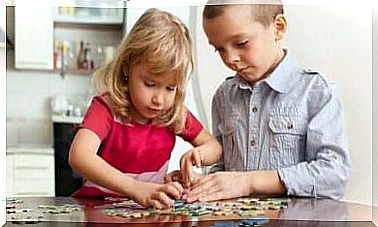Special Needs Children

Children who, due to their specific situation, have special needs that are different from other children, must be treated with a range of special care. These are children with special health needs, but also children with learning difficulties who have experienced trauma, developmental delays, etc.
What are children with special needs?
Any child with a specific condition is entitled to receive special care. Furthermore, the variability of groups of children with special needs is really wide.
For example, they can be included from children who manifest learning difficulties, needing special educational attention, to those children with special health needs.
This last group of children with special needs are those who are born with some cognitive impairment, a syndrome or a chronic or terminal illness.
According to Eliane Tatsh, Ivone Evangelista and Andressa da Silveira, these children have ongoing care demands that can be temporary or permanent. Furthermore, they depend on a multitude of special health and social services.

Support recommendations for families
American psychologist Nicholas Martin interviewed support groups made up of parents of children with special needs and asked what resources are most appropriate, and at a reasonable cost, to care for these children. These were the most important recommendations:
- Parents’ Cooperative. Find out and look for associations or support networks in the region where you live to share help.
- ‘Relief services’ available. Some agencies offer this type of service to help families who need a short rest period.
- Specific and qualified kindergarten schools for children.
Children with special needs in the classroom
The concept of “pupils with special educational needs” was first defined in the Warnock Report, prepared by the British Commission on Education.
In this report, it is understood that these students are those who have learning difficulties, making it necessary to have special educational resources to serve them.
However, the concept refers to the different performance presented by the student with SEN (Special Educational Needs), which can be lower or higher than the majority of the group.
As shown by psychologists Mónica Montes and María Auxilio Castro, the educational process of these students will be developed based on their abilities and possibilities, not on their limitations.
For them, the concept of students with special educational needs helps to reconsider the education of struggling students. Therefore, the intervention carried out with them will focus on their curricular skills, not their deficiencies.

Children with special needs are more bullied than the rest
According to the World Health Organization (WHO), children with disabilities suffer almost four times more acts of violence than those without disabilities.
Currently, it is a fact that children with special needs are one of the groups that suffer most from bullying and, according to the WHO, these are the most common risk factors:
- Social stigma.
- Discrimination.
- Lack of knowledge about disability.
- Lack of support for caregivers.
Finally, it is a fact that children with special needs need to face great challenges, as well as their families and caregivers.
Therefore, they must receive all the necessary support to help them in their daily lives and, thus, facilitate the development of these children in the best possible way, so that, finally, they can reach a quality life.









